Post
A catch
Save a catch to start your fishing logbook. You will be able to to share it with the community if yo want!
A fishing trip
Post an ad to go fishing with other fishermen
Save a catch to start your fishing logbook. You will be able to to share it with the community if yo want!
Post an ad to go fishing with other fishermen
Share a thought, a question with the community
My favorite cities
×Join our 636 fishermen and our 4 cofishermen in Hammerpot in West Sussex. The fishing forecast is currently 3.3. The most caught fishes here are the european eel, the common skate, the pouting fish and the monkfish. Come try the most famous fishing techniques like the support fishing for bass, how to choose jig for squid fishing?, longlining for pollack or fishing eel in surfcasting.
Our fishing forecast of Hammerpot indicates the best time to go fishing in this city.
The European Eel
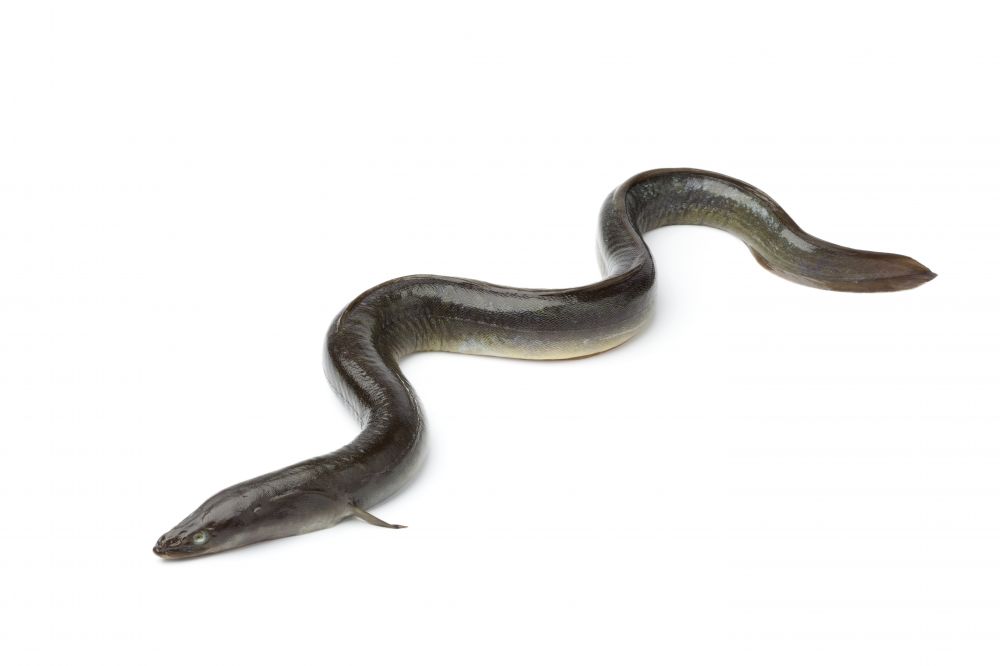
The European Eel belongs to the Anguillidae family. The european eel can reach a maximum size of 1.50 m and a weight of 3 kg. However, males rarely exceed 45 cm. The current size is more modest and varies between 40 and 60 cm. Its longevity is 12 to 20 years but in captivity it can reach more than 50 years. They can be fished from June to September. The European eel has a snake-like body, with a circular cross-section and very elongated. The body is covered with smooth, viscous skin, rich in thick mucus-secreting cells. The scales are small, oval and deeply embedded in the skin. It has a small round eye and a terminal mouth. The lower jaw is prominent. The color of the eel varies as it grows. In the yellow eel stage, it has a brownish, greenish or yellowish color depending on its habitat (homochrome). The lateral line is not very visible. In the silver eel stage, the back is dark green, the sides have silvery highlights and the belly is pearly white. The lateral line becomes very visible. The body of the European eel does not have pelvic fins. The pectoral fins, the only even fins, are small. On the other hand, odd fins (dorsal, anal, caudal) are very long and fuse at the tail.
The European Eel is a famous fish you can catch in Hammerpot.The Common Skate
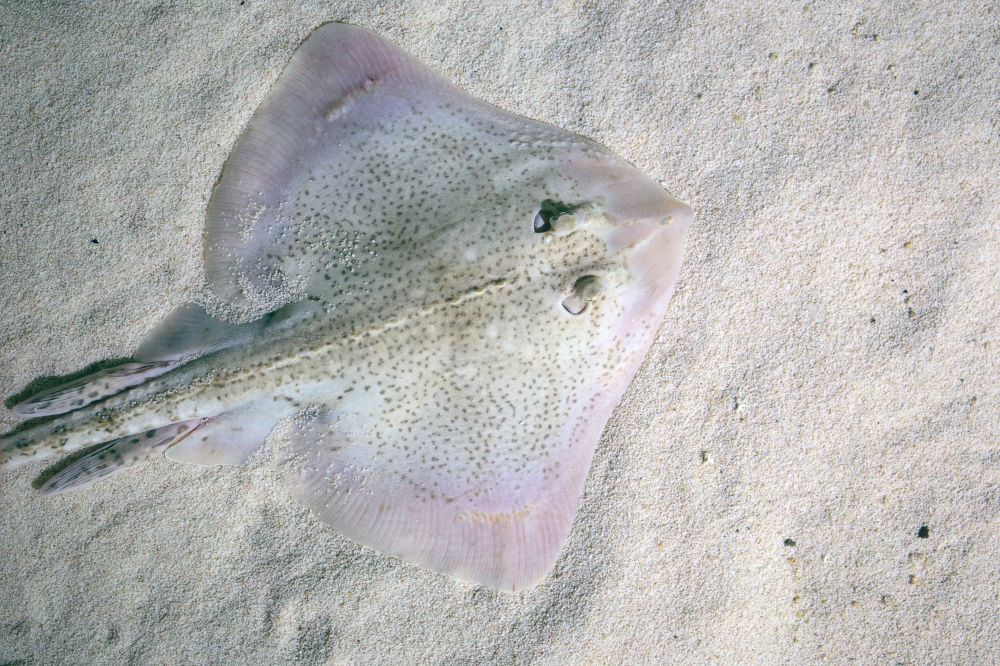
The Common Skate belongs to the Rajidae family. Its average size is 2.85 m for 110 kg of weight. It has a lifespan of 100 years. It breeds in spring to summer. The female can lay up to 40 eggs. They are considered as threatened species by the IUCN or International Union for Conservation of Nature. The Common Skate has a pointed snout and rhombic shape, with a row of spines along the tail. The upper surface is colored olive-grey to brown with dark or white spot, and the bottom is lighter blue-grey.
The Common Skate is a famous fish you can catch in Hammerpot.The Pouting fish
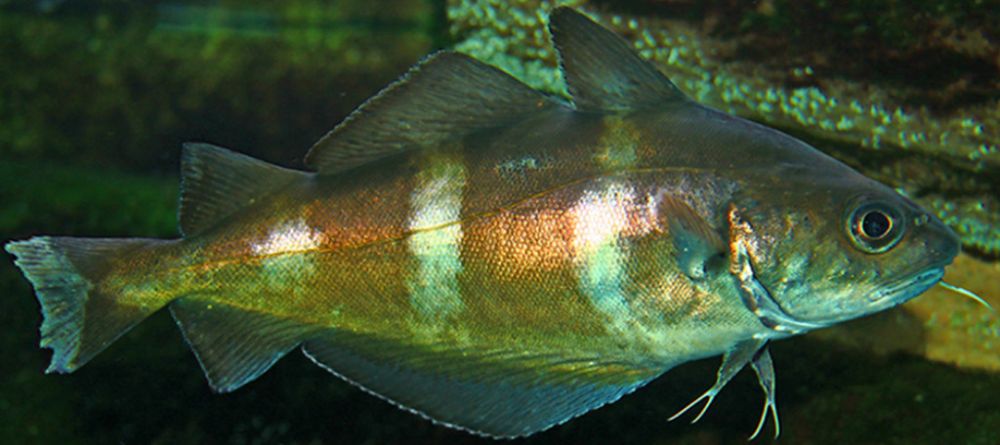
The Pouting fish belongs to the Gadidae Family. Its longevity is short: 4 years for a maximum size of 45 cm and a weight of about 1kg. Breeding takes place in March-April and is fished all year round. This small fish, generally 20/30 cm, rarely 45 cm, has an oval body, flattened laterally. Beige/pinkish white, slightly coppery, it can, especially when it is close to a poorly lit area (cave, wreck), have four to five wide dark vertical stripes. These bands may be absent in sunlight or on dead fish. The lower jaw is slightly set back, giving the pouting fish a characteristic profile with a small "nose". The eye is quite large, and a barbell is clearly visible under the "chin". The pouting fish has, like other Gadidae, three dorsal fins and two anal fins. A black spot is clearly visible at the base of the pectoral muscles.
The Pouting fish is a famous fish you can catch in Hammerpot.The Monkfish
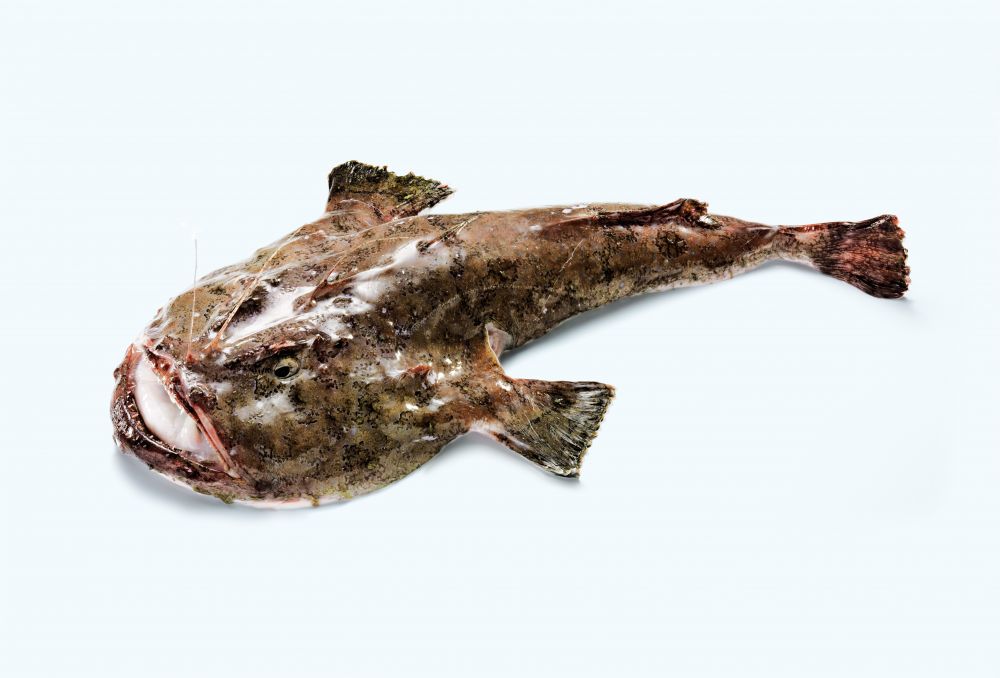
The Monkfish belongs to the Lophiidae Family. The height, in adults, is between 70 and 200 cm. The weight of large individuals is around 40 kg, with a maximum of 58 kg recorded. The longevity is about twenty years. It breeds in winter. The female can lay millions of eggs at once. It is fished in abundance from December to March. With its enormous head (it constitutes 60% of the animal's weight), its widely split mouth and highly developed pectoral fins, anglerfish cannot be confused with any other fish. The body has a round section at the level of the tail, flattened towards the head. The first three rays of the dorsal fin are placed very far forward; the first, located in front of the eyes, carries a flap of bifid skin that the animal uses as bait. The skin is smooth, flake-free and slightly viscous. A row of branched appendages, more developed around the head, borders the median part of the body. The gill holes in the highest position are protected by two bony caps inserted under the skin. The teeth are strong, pointed and curved backwards. The general color is a light brown marbled with darker areas, which may vary according to the environment. Despite their large size, anglerfish are quite good at camouflage.
The Monkfish is a famous fish you can catch in Hammerpot.The John Dory Fish
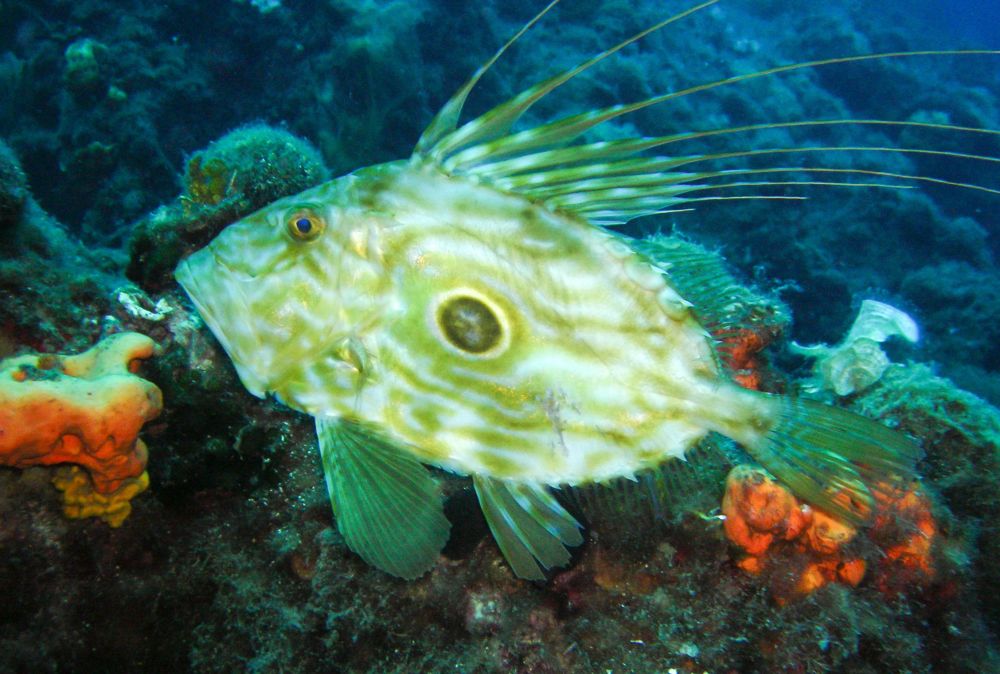
The John Dory fish belongs to the Zeidae family. It measures 30 to 50 cm on average and can reach a maximum weight of 8 kg. It can live up to 12 years. This fish is caught all year round but more easily from April to July. This fish has a high body and very strongly compressed laterally. Its head and the base of its fins carry thorns and bone ridges. The filaments carried by the dorsal fin are very long in juveniles and gradually regress until the animal reaches its adult size. Its eyes are high and his protractile mouth is widely split. An arched lateral line can be seen above the pectoral fins. Its color varies from grey-green with silvery to golden yellow reflections, often marked by longitudinal mottling. A large black eye patch surrounded by grey adorns the middle of each flank.
The John Dory Fish is a famous fish you can catch in Hammerpot.Our fishing forecast of Hammerpot indicates the best time to go fishing in this city.
Our fishing forecast of Hammerpot indicates the best time to go fishing in this city.
Our fishing forecast of Hammerpot indicates the best time to go fishing in this city.
